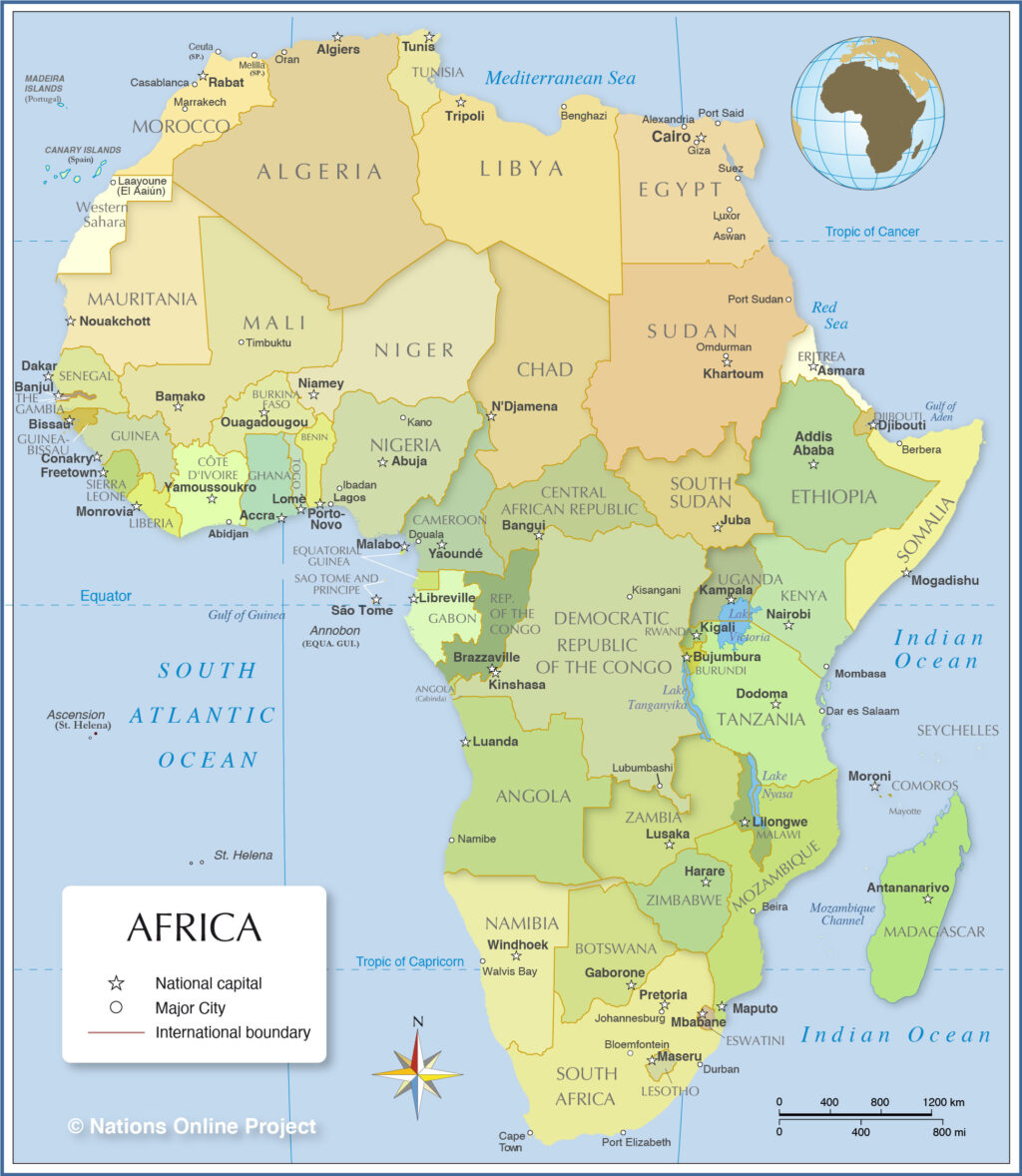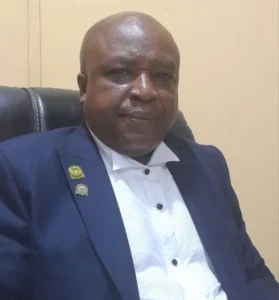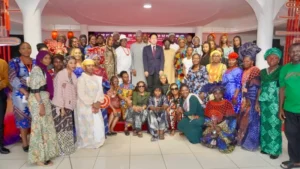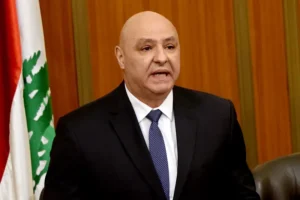
Stakeholders have advocated the adoption of a single currency across Africa, aiming to foster the development and growth of the entire region.
They raised concerns about a deliberate conspiracy being the cause behind the ongoing delays inl implementing a single African currency and a unified trade facilitation system.
These perspectives were highlighted during the 2022 National Institute Seminar for the Executive Intelligence Management Course (EIMC), held at the National Institute for Security Studies (NISS) in Abuja. The seminar, themed “Globalisation and Regional Economic Integration: Implications For Sustainable Development In Africa,” featured various suggestions and discussions.
During the event, the Chairman of the seminar and Vice-Chancellor of the University of Abuja, Professor Abubakar Rasheed, emphasized that the adoption of a single currency across Africa would contribute to the growth, cohesion, and economic advancement of the entire African region. Professor Philip Afaha, representing Professor Rasheed as the deputy vice-chancellor of the University of Abuja, further expressed the view that African countries should be allowed to address their challenges using an approach that aligns with their unique circumstances, free from external interference or the imposition of European solutions.
Professor Rasheed also pointed out that the lack of unity among African countries has been a significant obstacle to development on the continent. He believed that the adoption of a single African currency could play a pivotal role in uniting the nations of Africa.
Another speaker at the seminar, Professor Undenta Undenta, highlighted the ongoing situation in Niger Republic as an example of interference and external interests from European and American powers, which are seeking to exploit the region’s natural resources for their own gain.
Earlier, the director-general of the Department of State Service (DSS), Yusuf Bichi said: ” In today’s world, you will agree with me that the landscape of security challenges is rapidly evolving and the dynamism of globalization and regional economic integration play a pivotal role.”
Represented by Bolaji Toke, the Director-General, while speaking on the theme of the programme, said, “The topic of the seminar stress at the heart of our collective responsibility as professionals in intelligence, security, law enforcement and regulations. The interconnectivity of our globalised world demands high levels of collaboration by the sharing of information and expertise across the nations.
“In our persuit of safeguarding the interest of our nations and ensuring the safety of our citizens, we are presented with the task of striking a delicate balance between security imperatives and sustainable development goals. At the DSS, we are committed to facing the challenge headon, recognizing that security and economic progressing are intertwined.”
The 16th iteration of the Executive Intelligence Management Course (EIMC) comprises 86 participants hailing from diverse organizations including DSS, FAAN, NDLEA, Military, Police, EFCC, ICPC, FRSC, NPA, NIMASA, FIRS, NUC, as well as representatives from The Gambia, Niger Republic, Chad, and various others.







